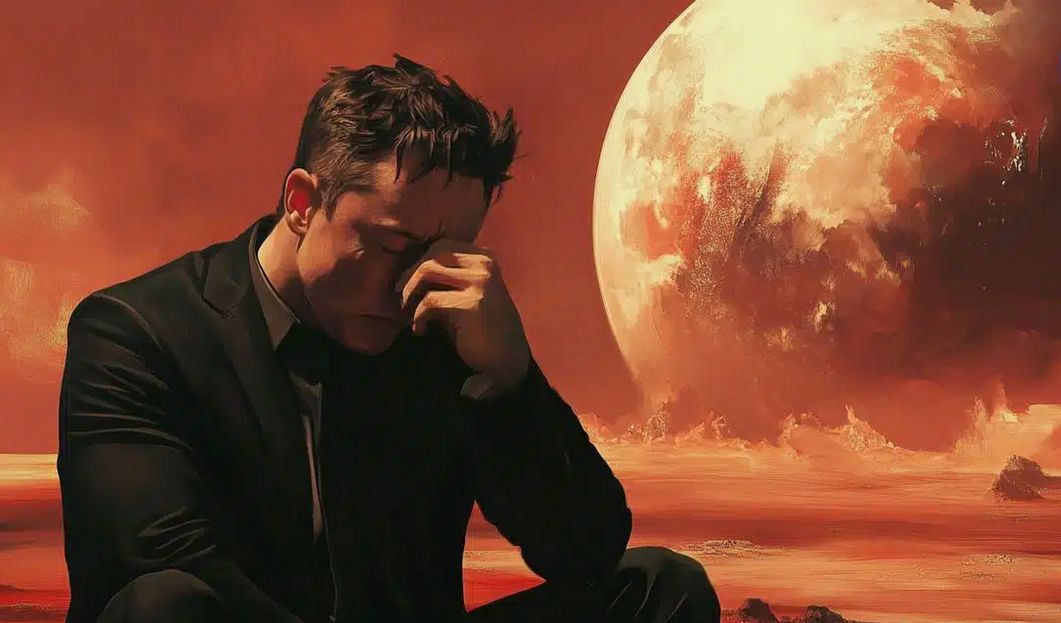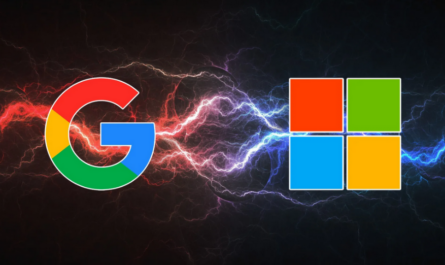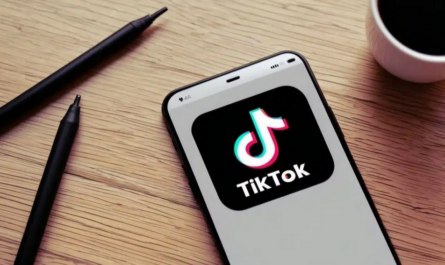Key Takeaways
- Elon Musk may be held personally accountable by the EU under the Digital Services Act (DSA).
- DSA fines against X (previously Twitter) could be determined by taking into account Musk’s other business endeavors.
- The European Commission is looking into X’s involvement in online hate speech dissemination and its lax verification system management.
The EU may use the profits from all of Elon Musk’s businesses to determine fines against X for possible DSA infringement.
The investigation by the European Commission investigating Elon Musk’s X for possible DSA (Digital Services Act) violations may take a concerning turn for the wealthiest person in the world. Musk has been forewarned by the Commission that it will take into consideration his other sources of income when determining X’s penalties for breaking local laws.
The Musk-owned company X is presently under investigation by the European Parliament for failing to regulate hate speech on the platform, violating user rights by shadowbanning certain accounts, and providing a false “verified” badge. Under the Digital Services Act, X is the first “very large online platform,” or VLOP, to be investigated.
The commission’s conclusions against X are almost complete. A commission spokeswoman, Thomas Reginer, told Bloomberg that the “provider” of the internet services was subject to the DSA. “This is true whether the entity that has the final say over the platform or search engine is a natural or legal person,” Reginer added again.
The commission is currently debating if Musk should be regarded as the “provider.” Other businesses he owns or has stock in will also be included in the calculation of fines if that occurs. According to the regulations, the EU has the authority to impose fines of up to 6% of the company’s annual worldwide turnover. Fines could significantly reduce Musk’s and the firms’ wealth if his other businesses—Starlink, SpaceX, Neuralink, xAI, and even Tesla—are taken into account.
Margrethe Vestager, a member of the European Commission, is now in charge, and Musk is sometimes seen arguing with her online.
Additionally, the revelation coincides with X’s valuation having fallen to just $9.4 billion, which is only a fifth of what Musk originally spent to acquire the company when it was still known as Twitter. The company’s precise earnings are unknown because it was once publicly traded but is now privately owned by Elon Musk. However, as compared to the same period last year, X reportedly lost 40% of its sales in the first half of 2023. Musk may have done so in part because of his animosity for marketers.
The penalty might be unavoidable given Musk’s repeated encounters with authorities, but he seems ready to contest the ruling. In order for the “people of Europe to know the truth,” the billionaire had already stated his intention to contest the ruling in court.
Additionally, Musk claimed that other platforms had committed to a covert agreement to filter specific information, which the EU was attempting to thwart.



